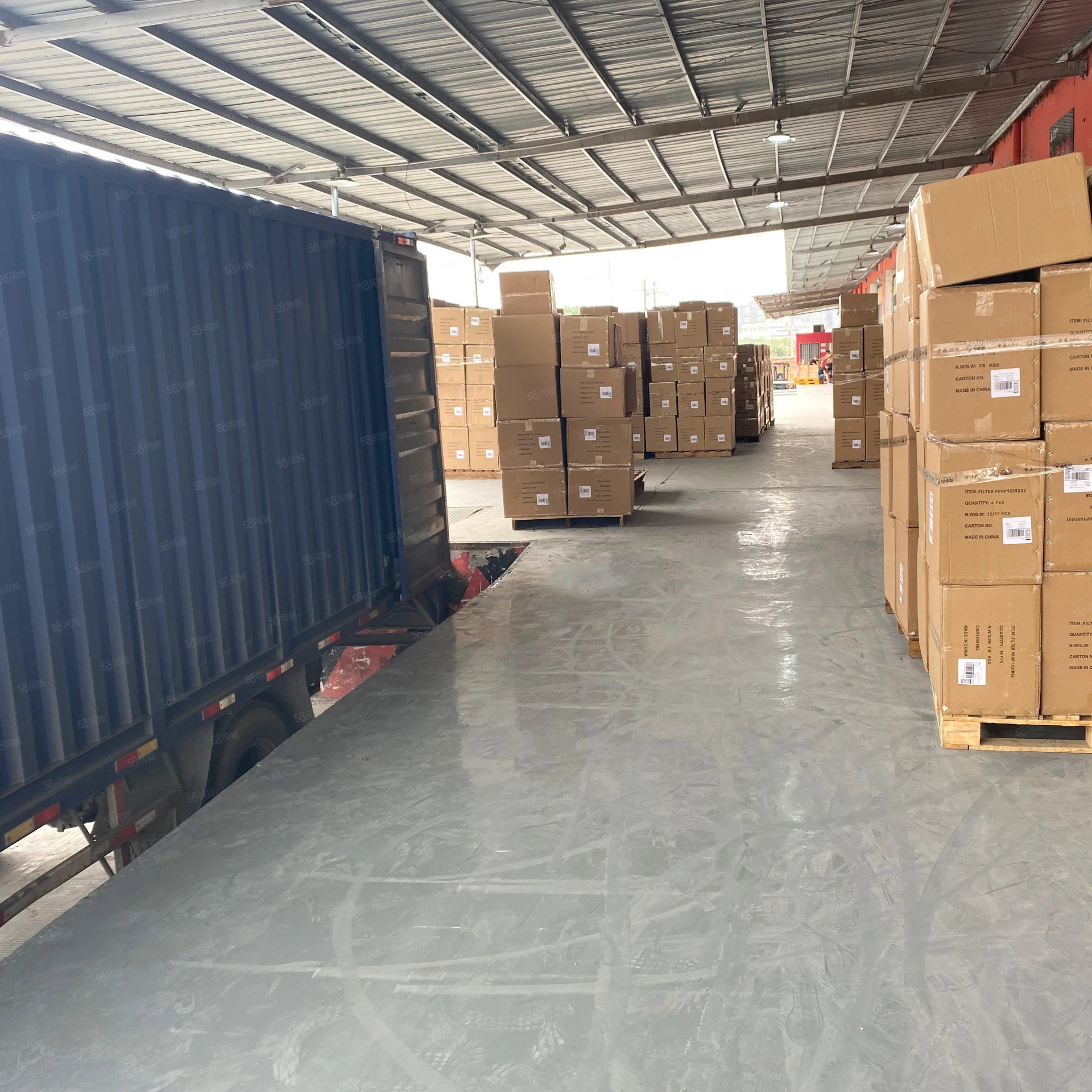The Importance of Boiler Water Treatment Chemicals
Boilers are vital components in various industrial processes, providing steam or hot water for heating, power generation, and many other applications. However, the efficiency and longevity of a boiler system depend significantly on the quality of its water supply and the treatment it receives. This is where boiler water treatment chemicals come into play.
Understanding Boiler Water Treatment
Boiler water treatment involves a series of chemical and physical processes aimed at improving the quality of water used in the boiler. Poor water quality can lead to several issues, including scale formation, corrosion, and foaming. These problems not only reduce the efficiency of the boiler but can also lead to system failures and costly repairs.
Common Issues Related to Poor Water Quality
1. Scale Formation One of the primary concerns in boiler operation is the formation of scale, which is primarily composed of calcium and magnesium salts. When water is heated, these minerals can precipitate and deposit on the heat exchange surfaces. Scale acts as an insulator, diminishing the heat transfer efficiency and leading to overheating, which can damage the boiler.
2. Corrosion The presence of oxygen and carbon dioxide in boiler water can lead to corrosive reactions within the system. These reactions can weaken structural components and lead to leaks, which are not only dangerous but can also cause significant downtime and repair costs.
3. Foaming and Carryover Excessive foam in the boiler water can cause water to be carried over with the steam, leading to water hammer and other performance issues. Chemicals that prevent foaming are essential to maintaining stable steam production.
The Role of Boiler Water Treatment Chemicals
Boiler water treatment chemicals are specifically formulated to address these issues
boiler water treatment chemicals

1. Scale Inhibitors These chemicals prevent the crystallization of mineral salts, reducing the likelihood of scale formation. Common scale inhibitors include phosphonates and polyacrylic acids. By keeping the minerals dissolved, these inhibitors ensure efficient heat transfer and protect the boiler surfaces.
2. Corrosion Inhibitors The use of corrosion inhibitors is crucial for protecting metal surfaces from oxidative damage. Compounds such as tannins, phosphates, and amines form protective films on metal surfaces to shield them from corrosive agents while neutralizing harmful acids in the water.
3. Antifoaming Agents To combat foaming, antifoaming agents are introduced into the boiler water. These chemicals work by reducing surface tension and preventing the formation of bubbles, ensuring that steam quality remains high and operational issues are minimized.
4. pH Control Chemicals Maintaining the correct pH level is essential for overall water quality. Chemicals like sodium hydroxide are used to adjust the pH and ensure it remains within an optimal range, preventing both corrosion and scale formation.
Implementation and Best Practices
Effective boiler water treatment requires a comprehensive approach. Regular testing of boiler water is necessary to monitor pH, conductivity, and the concentrations of various ions. Based on these tests, appropriate dosages of treatment chemicals can be applied. It's also important to follow manufacturer guidelines for chemical handling and dosing to ensure safety and efficacy.
Additionally, routine maintenance and cleaning of boiler systems should not be overlooked. Regularly scheduled blowdowns remove accumulated sludge and contaminants, enhancing overall system performance.
Conclusion
In summary, the use of boiler water treatment chemicals is essential for the efficient and safe operation of boiler systems. By implementing a robust water treatment program, industries can enhance boiler performance, extend equipment life, and avoid costly downtime associated with system failures. As energy efficiency and sustainability continue to be paramount concerns, proper water treatment will remain a critical component of boiler operation and management.

